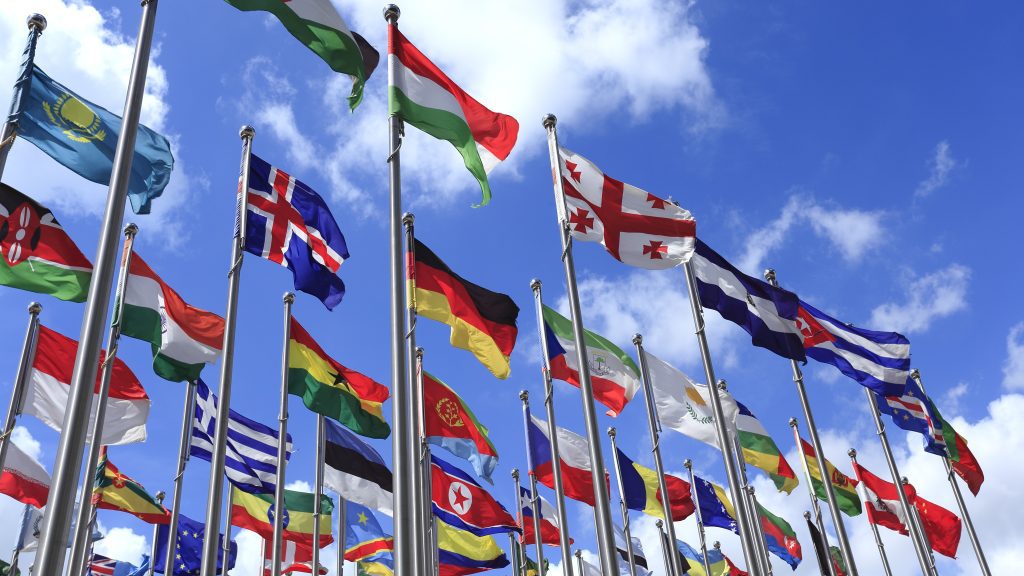In many instances when a marriage breaks down the spouses only have a connection with one country and the divorce and financial proceedings take place there. But what happens when one or both people have a connection with more than one country?
It might be that both spouses were born in England but have moved to live in another country for work or other reasons. In some cases people may have strong connections with two or even three countries and working out where to get divorced can be a difficult (and time sensitive) issue.
The primary reason why it matters so much where divorce proceedings take place is that the financial outcome on divorce varies significantly depending on where the divorce takes place. The law in England and Wales is based on fairness and is often perceived as one of the most generous to the financially weaker party, but other countries can be very different.
In England marriage is seen as a partnership of equals and therefore the contribution of the spouse who, for example, stays at home to look after the children, is seen as equally important to that of the spouse who goes out to work. It also does not matter in whose name properties are registered or in whose bank account money is kept.
In addition the focus of the English court will be to ensure that the needs of both parties and the children are met in the fairest way possible based on the financial resources available to the family. It follows that if one spouse needs to receive maintenance from the other spouse then the English court can and will make such orders.
By contrast many other countries have very different financial outcomes on divorce. For example, some countries place much more emphasis on the way in which the spouses have organised their finances which can result in the financially stronger party retaining the majority of the assets in the financial settlement.
Other countries have a much more limited and restrictive approach to maintenance orders with the effect that the financially weaker party, who may have given up work to look after the children, can potentially find themselves without adequate financial support after the divorce has been finalised.
In order to bring divorce proceedings in a country, a spouse must have a sufficiently strong connection with that country. Each country has a different set of conditions although (subject to one difference) even post Brexit England and Wales share the same requirements as all countries in the EU.
In order to bring divorce proceedings in England at the moment one of the following connections (expressed below in layman’s terms) must apply:
- Both spouses live in England
- The respondent lives in England
- The applicant lives in England and has some further residential connections here; or
- Either spouse is domiciled in England
It can therefore be possible to bring divorce proceedings in England even if neither spouse is living there at the time, provided there is another form of connection (i.e., domicile).
(Domicile is a technical concept but in summary a person is usually domiciled in the country in which they are considered to have their permanent home, even if they are not living there at the time.)
Although England no longer applies the ‘first to issue’ principle, some other countries do apply such a principle. Where spouses can bring divorce proceedings in more than one country, acting quickly can be crucial.
Prevention is usually better than cure. It is therefore invariably better for anyone who might potentially find themselves in a position where divorce proceedings could take place in more than one country to seek early, specialist advice.
If you need any advice on this type of issue please contact Michael Allum on details below.
The contents of this article are for reference purposes only. They do not constitute legal advice and should not be relied on as such. Legal advice should always be sought for your specific circumstance.
Michael Allum
[email protected]
The International Family Law Group LLP
www.iflg.uk.com
© January 2018 – Updated January 2022
- Michael Allumhttps://iflg.uk.com/team/michael-allum
- Michael Allumhttps://iflg.uk.com/team/michael-allum
- Michael Allumhttps://iflg.uk.com/team/michael-allum
- Michael Allumhttps://iflg.uk.com/team/michael-allum











